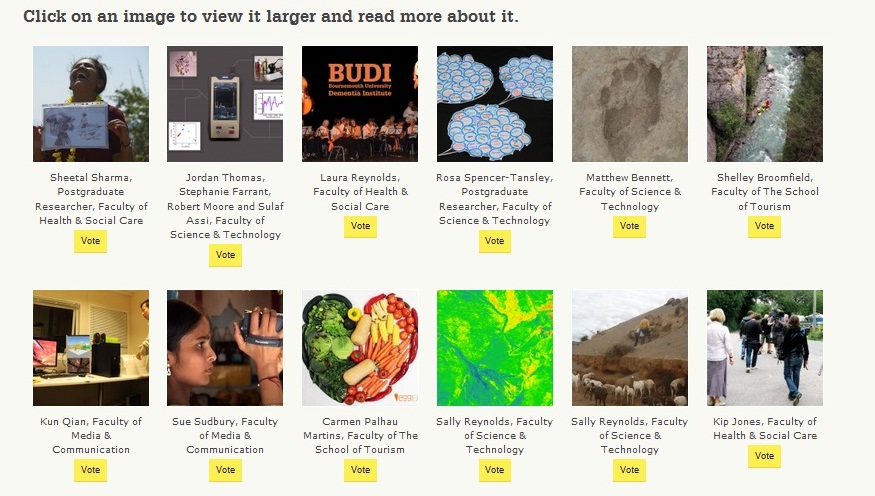 ‘Can you tell the story of your research in a single image?’ That’s the challenge we set BU’s academics and postgraduates earlier this year, and the overwhelming response saw researchers from all across the university downing tools to take up their cameras and think of unusual ways to illustrate their research. The resulting images demonstrate not just the creativity of our academics and postgraduates, but also the fascinating range of research taking place at BU.
‘Can you tell the story of your research in a single image?’ That’s the challenge we set BU’s academics and postgraduates earlier this year, and the overwhelming response saw researchers from all across the university downing tools to take up their cameras and think of unusual ways to illustrate their research. The resulting images demonstrate not just the creativity of our academics and postgraduates, but also the fascinating range of research taking place at BU.
Researchers from all across the university, working in areas as diverse as dementia, archaeology, kayaking and 3D printing submitted images to the competition, and now we want your help to decide which pictures should form a photography exhibition on Talbot campus later this year.
To vote for an image, visit the competition page here and click on the ‘Vote’ button below your favourite. Perhaps a particular research subject strikes a chord with you, or an you find a certain image especially evocative – whatever your reasons for having a favourite, the content of the exhibition is up to you to decide!
The most popular images will form part of a photography exhibition on Talbot campus later this year. The deadline for voting is 27th March. Details of the exhibition will follow once voting is complete.

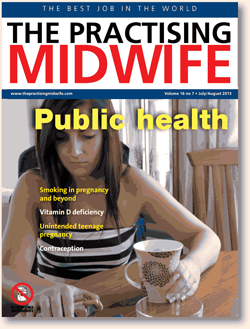



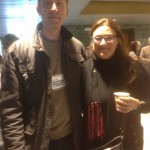

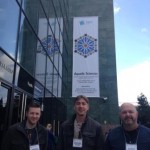



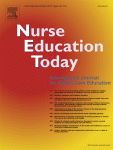
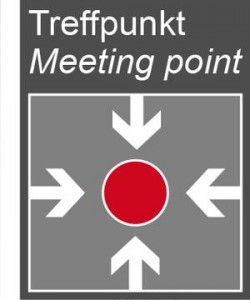











 Seeing the fruits of your labour in Bangladesh
Seeing the fruits of your labour in Bangladesh Exploring Embodied Research: Body Map Storytelling Workshop & Research Seminar
Exploring Embodied Research: Body Map Storytelling Workshop & Research Seminar Marking a Milestone: The Swash Channel Wreck Book Launch
Marking a Milestone: The Swash Channel Wreck Book Launch No access to BRIAN 5-6th February
No access to BRIAN 5-6th February ECR Funding Open Call: Research Culture & Community Grant – Application Deadline Friday 12 December
ECR Funding Open Call: Research Culture & Community Grant – Application Deadline Friday 12 December MSCA Postdoctoral Fellowships 2025 Call
MSCA Postdoctoral Fellowships 2025 Call ERC Advanced Grant 2025 Webinar
ERC Advanced Grant 2025 Webinar Update on UKRO services
Update on UKRO services European research project exploring use of ‘virtual twins’ to better manage metabolic associated fatty liver disease
European research project exploring use of ‘virtual twins’ to better manage metabolic associated fatty liver disease